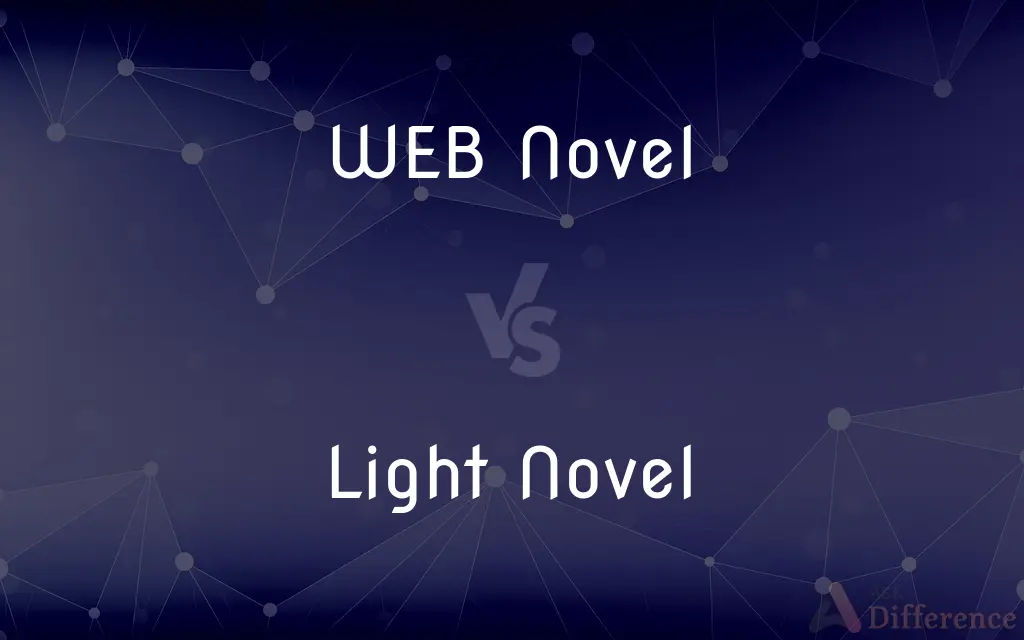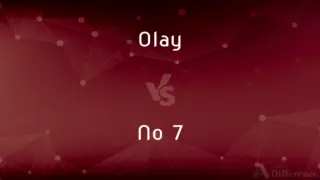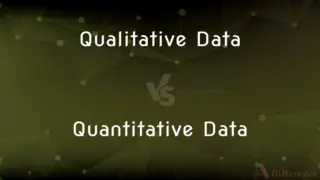WEB Novel vs. Light Novel — What's the Difference?
Edited by Tayyaba Rehman — By Fiza Rafique — Published on December 14, 2023
A WEB Novel is an online-published, often serialized fiction, while a Light Novel is a written, illustrated novel targeting young adults, often adapted from WEB Novels.

Difference Between WEB Novel and Light Novel
Table of Contents
ADVERTISEMENT
Key Differences
A WEB Novel is predominantly an online platform’s product, mostly serialized and can be published by professionals or amateurs. Being accessible online, it caters to a vast audience that can read it anytime, anywhere. On the other hand, a Light Novel is a printed or digitally published material, often accompanied by manga-style illustrations, and primarily targets young adult readers in Japan.
When discussing origin, the WEB Novel usually finds its roots in online communities, websites, or platforms dedicated to writers. They often allow for immediate reader feedback and have a more dynamic writer-reader relationship. The Light Novel, though sometimes adapted from popular WEB Novels, has its distinct format and publishing process, being more akin to traditional publishing.
From a format perspective, a WEB Novel's chapters might be shorter, catering to online reading habits, and are typically text-only. A Light Novel, while also relatively short, often includes illustrations, especially at the beginning of chapters or to emphasize certain scenes, providing a blend of novel and manga experiences.
While both WEB Novels and Light Novels can cover a multitude of genres, their content might differ based on their medium. WEB Novels might be more experimental, given the ease of online publishing. Light Novels, given their publishing criteria, might follow trends or popular themes more closely.
Comparison Chart
Primary Medium
Online platforms
Printed or digital books
ADVERTISEMENT
Illustrations
Typically none
Manga-style illustrations
Origins
Online communities/websites
Traditional publishing, often from WEB Novels
Length & Format
Serialized, shorter chapters
Short novels with illustrations
Target Audience
Broad, internet users
Primarily young adults in Japan
Compare with Definitions
WEB Novel
An online serialized fiction work, often self-published.
I've been following this WEB Novel for months and eagerly await each update.
Light Novel
Written work often adapted from popular WEB Novels.
That Light Novel started as a WEB Novel before gaining immense popularity.
WEB Novel
Online stories which can be written by both amateurs and professionals.
Many talented writers start their careers by publishing a WEB Novel.
Light Novel
Published material that might follow popular themes or trends.
This Light Novel series capitalizes on the current isekai trend.
WEB Novel
A digital platform's story, allowing for immediate reader feedback.
The author of the WEB Novel often tweaks the plot based on audience reactions.
Light Novel
Books blending novel narratives with visual manga elements.
The protagonist's expressions in the Light Novel added depth to the story.
WEB Novel
An internet-based novel, often encompassing diverse genres.
The WEB Novel I read last week was a unique mix of sci-fi and romance.
Light Novel
A short, illustrated novel primarily targeting young adults.
The Light Novel had intriguing characters and beautiful artwork.
WEB Novel
Fictional content made available primarily on internet platforms.
The popularity of that WEB Novel ensured it got millions of views.
Light Novel
Novels with manga-style illustrations, popular in Japan.
I picked up a new Light Novel series from the bookstore today.
Common Curiosities
What makes a Light Novel different from a regular novel?
A Light Novel is shorter, targets young adults, and includes manga-style illustrations.
Are Light Novels only available in Japan?
While popular in Japan, Light Novels are available internationally, often through translations.
Where are WEB Novels primarily published?
WEB Novels are primarily published on online platforms or websites.
How do readers access WEB Novels?
Readers can access WEB Novels through dedicated websites, platforms, or apps.
Are all Light Novels adapted from WEB Novels?
No, while many are, not all Light Novels originate from WEB Novels.
Can anyone publish a WEB Novel?
Yes, both amateurs and professionals can publish WEB Novels online.
Do WEB Novels have illustrations?
Typically, WEB Novels are text-only, but exceptions exist.
How long is a typical Light Novel?
Light Novels are shorter than typical novels, often ranging between 20,000 to 50,000 words.
Why are Light Novels called "light"?
They are called "light" due to their shorter length and easy readability.
Is it common for Light Novels to be adapted into anime?
Yes, many popular anime series are adaptations of Light Novels.
Can WEB Novels be of any genre?
Yes, WEB Novels can cover a wide range of genres.
Can a WEB Novel author transition to traditional publishing?
Yes, many successful WEB Novel authors have transitioned to traditional publishing, especially with Light Novels.
Are illustrations in Light Novels colored or black-and-white?
While most illustrations in Light Novels are black-and-white, some might include colored pages.
Are all Light Novels fiction?
While most Light Novels are fiction, there might be non-fiction exceptions.
Do WEB Novels require a subscription to read?
While some platforms offer free access, others might require a subscription or purchase.
Share Your Discovery

Previous Comparison
Olay vs. No 7
Next Comparison
Qualitative Data vs. Quantitative DataAuthor Spotlight
Written by
Fiza RafiqueFiza Rafique is a skilled content writer at AskDifference.com, where she meticulously refines and enhances written pieces. Drawing from her vast editorial expertise, Fiza ensures clarity, accuracy, and precision in every article. Passionate about language, she continually seeks to elevate the quality of content for readers worldwide.
Edited by
Tayyaba RehmanTayyaba Rehman is a distinguished writer, currently serving as a primary contributor to askdifference.com. As a researcher in semantics and etymology, Tayyaba's passion for the complexity of languages and their distinctions has found a perfect home on the platform. Tayyaba delves into the intricacies of language, distinguishing between commonly confused words and phrases, thereby providing clarity for readers worldwide.
















































